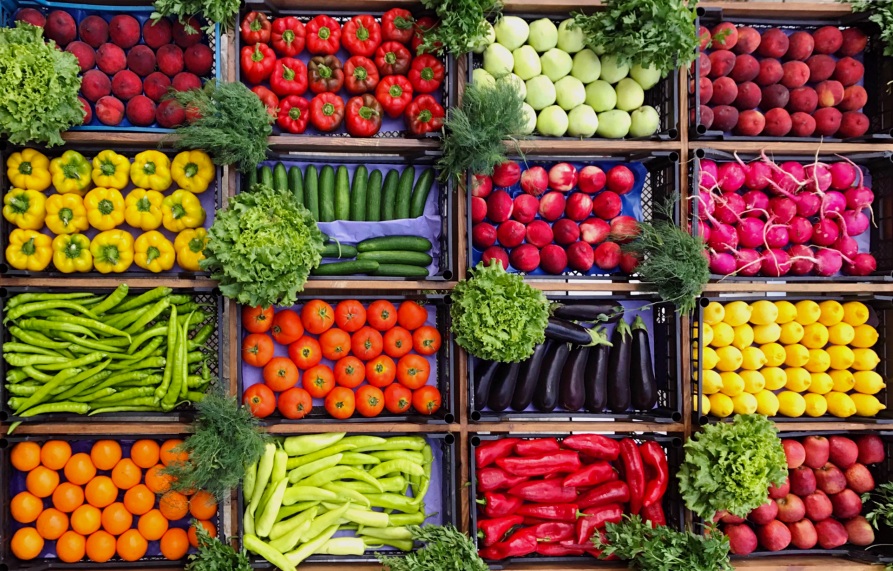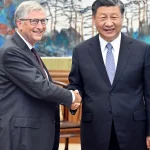The East African Community (EAC) has launched a campaign aimed at creating awareness on the agri-export trade opportunities that have been created through the EU-EAC Market Access Upgrade Programme (MARKUP).
Through the campaign, small and medium-sized enterprises (SMEs) in the agricultural value chain, co-operatives and farmers, as well as government entities in the EAC will access information and tools on agri-export trade.
Speaking at the 14th June, 2023 launch of the campaign, Flavia Busingye, the Acting Director of Customs at the EAC Secretariat, said that MARKUP had created numerous trade opportunities for agri-SMEs in the region.
“The campaign ‘MARKUP: Growing agri-export markets’ aims to raise awareness of the opportunities in agricultural trade, and to demonstrate that international markets are within reach of East African exporters,” said Busingye.
Busingye that since its inception in 2018, MARKUP had generated useful resources for growth of agri-exports in five EAC Partner States, namely Burundi, Kenya, Rwanda, Uganda and Tanzania.
She said that the programme, which is a collaborative initiative of the EAC, the EU, the German government and other development partners, has generated resources such as the EAC Quality Portal, the Financing Gateway and the Burundi Trade Information Portal.
Market studies, practical guides and handbooks as well as policy briefs have also been produced in the EAC-EU initiative, she said, and added, “MARKUP has contributed to stronger quality infrastructure in the region, including harmonization of standards and frameworks for intra-regional trade in food products.”
“I urge you to actively participate in the campaign through the various channels and platforms,” she said.
She said that SMEs in the agriculture sector face numerous constraints in trading within the EAC region.
She highlighted constraints such as lack of access to market information, including on standards and quality requirements; cumbersome and sometimes costly customs procedures; poor connectivity, among other things.
“The scale and impact of these challenges rises exponentially when it comes to accessing markets outside the EAC. This is one of the reasons that we at the EAC Secretariat worked in partnership with the EU to design and roll out MARKUP,” she said.
Also working on the programme which is being implemented by GIZ are the International Trade Centre, United Nations Industrial Development Organisation, Uganda Coffee Development Authority, Solidaridad East Africa, Oxfam and the Institute for University Co-operation.
Max Middeke, the Deputy Programme Manager at German Development Cooperation (GIZ) – EAC Programme said that the MARKUP campaign comes at a time when the bulk of activities of the program are drawing to a close.





